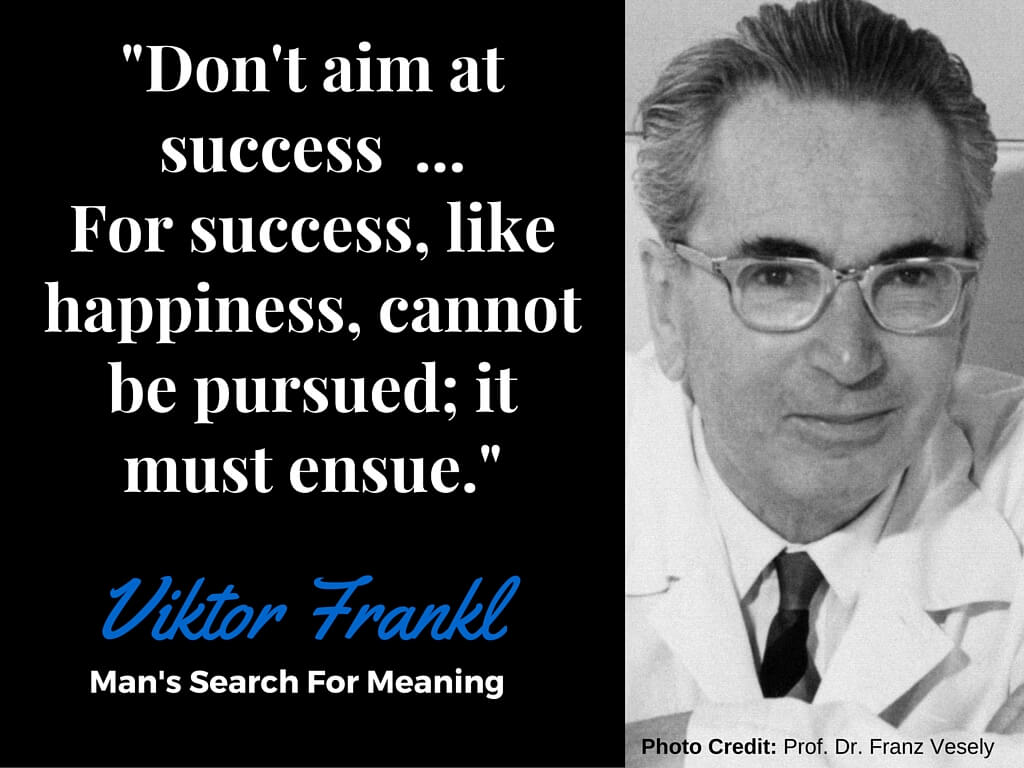Recently, on a podcast, I was asked what I'd like people to know about my faith. It wasn't a Christian podcast, per se, and it was connected to a secular university and the audience isn't necessarily Christian. I mean, I'm sure there are Christians listening, but its not a churchy podcast. I was given 5 minutes to share. Keep in mind, this is what I'd like people to know about the religion that I adhere to if I only had a few minutes to share with them, so its not entirely personal and there wasn't time to get into everything. So, I gave it some thought and this is how I answered:
While many think of evangelical Christianity in a political, social, or cultural perspective, I think about the person and work of Jesus as the Son of God and Savior of the world.
1. I believe there is a personal God who created everything and made us and is knowable. He isn't just a force or the universe or is unknowable, but he is real and reveals himself to us through Scripture and Creation and primarily through Jesus.
2. I believe that men and women were made in God's image and have inherent worth, value, and dignity. We have purpose and identity that comes from God and we were made for relationship with God and right relationship with one another.
3. However, something went terribly wrong. Mankind asserted themselves to be like God and went their own way. Instead of following God's ways, mankind promoted themselves, the relationship with God was broken, and they then began to turn on each other to climb over one another to assert their own worth on their own. They tried to create their own identity apart from God. This led to personal and then societal breakdown as competition turned to violence and things just kept going sideways. We call all of this sin against God, self, and each other. Everyone knows there is something wrong with us, but we disagree on what it is exactly.
4. But, God loves us too much to leave us alone. He created us and wants us back in relationship with him. So, Jesus was sent to take our sin, break its power, save us and forgive us, and make us into new people so we can love God and love people instead of live primarily for ourselves at odds with God and one another.
At the heart of Christianity is this message that because of the life, death, and resurrection of Jesus, our sins are forgiven. We receive this forgiveness and salvation by faith in Jesus and not in what we can do because our own efforts are inherently flawed and can't fix what ails us. We need a savior. Evangelical Christianity is supposed to be about how we are reconciled to God and one another through the the person and work of Jesus as he forgives us and makes all things new - including how we treat others. We can mess this message up and make it about other things because we are human and see point #3, but God's love for us is shown through the sacrifice of Jesus for us on the Cross. And, you can spend a lifetime exploring all that that means.
Really, I believe that everyone on the planet is constantly asking and answering 4 essential questions. We all agree on the four questions, but we differ radically on the answers. The questions are:
1. Who or what is God/gods or ultimate reality? What is the transcendent other beyond us?
2. Who or what is mankind? What are we? What is our identity? Where do we fit in things?
3. What has gone wrong with the world? What has gone wrong with us? Everyone on the planet knows that things are not as they should be. We differ on what things should be, but we all carry around in us this sense that something has gone wrong.
4. How do you fix it? How do we solve our problems? Where does happiness and joy come from? How do we best live life? What is salvation?
Those four questions are everywhere and they affect all conversations about meaning, culture, politics, and anything of a weighty nature. We engage in these questions all the time. They are spiritual questions and we're all constantly having what amounts to spiritual conversations, even if we don't recognize them as such. We differ in how the questions are framed and we really differ in how the questions are answered. As a Christian, I believe that we have answers to those questions. How and even whether we really live from those answers and they shape us becomes the quest of our lives.




